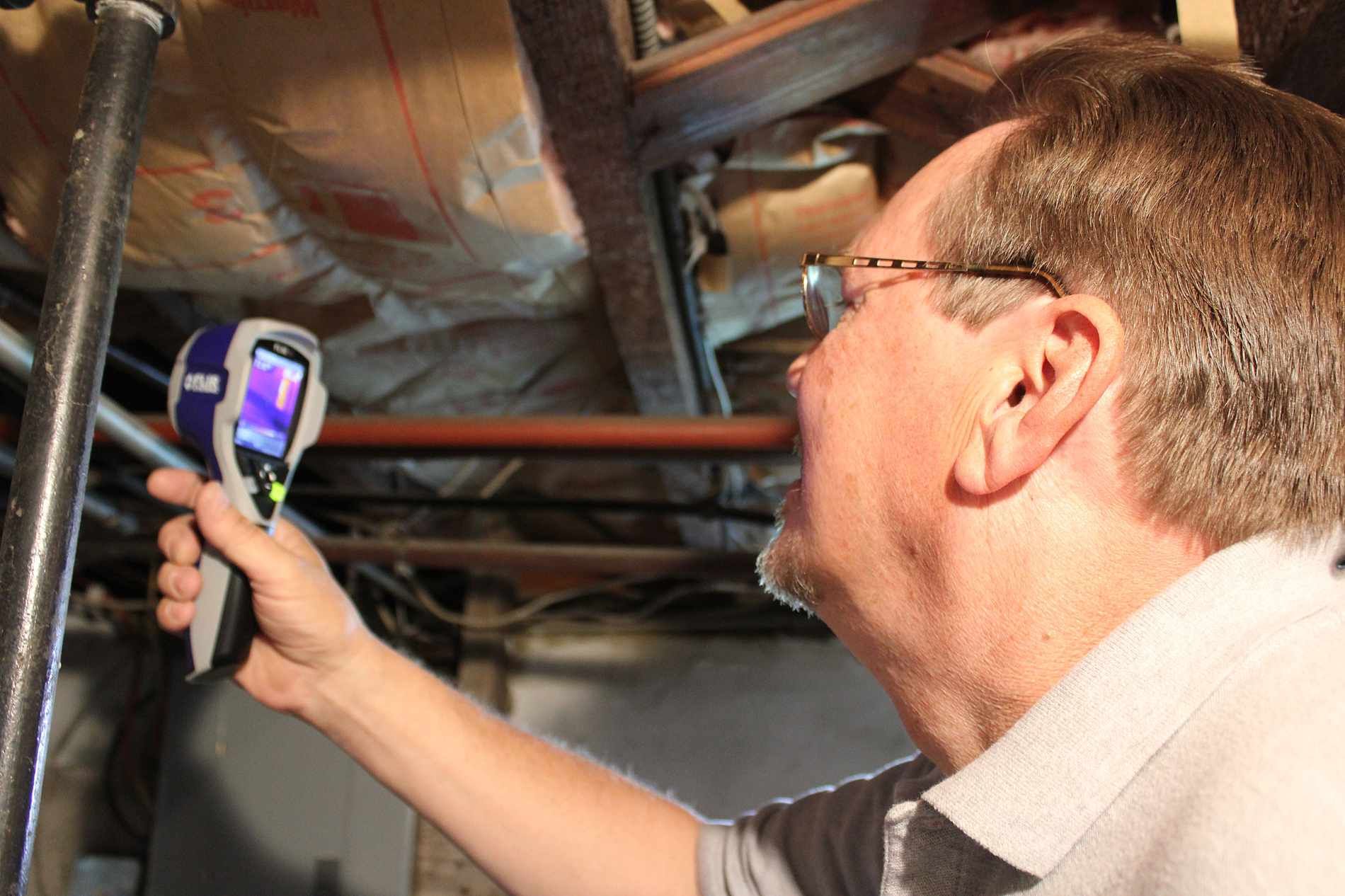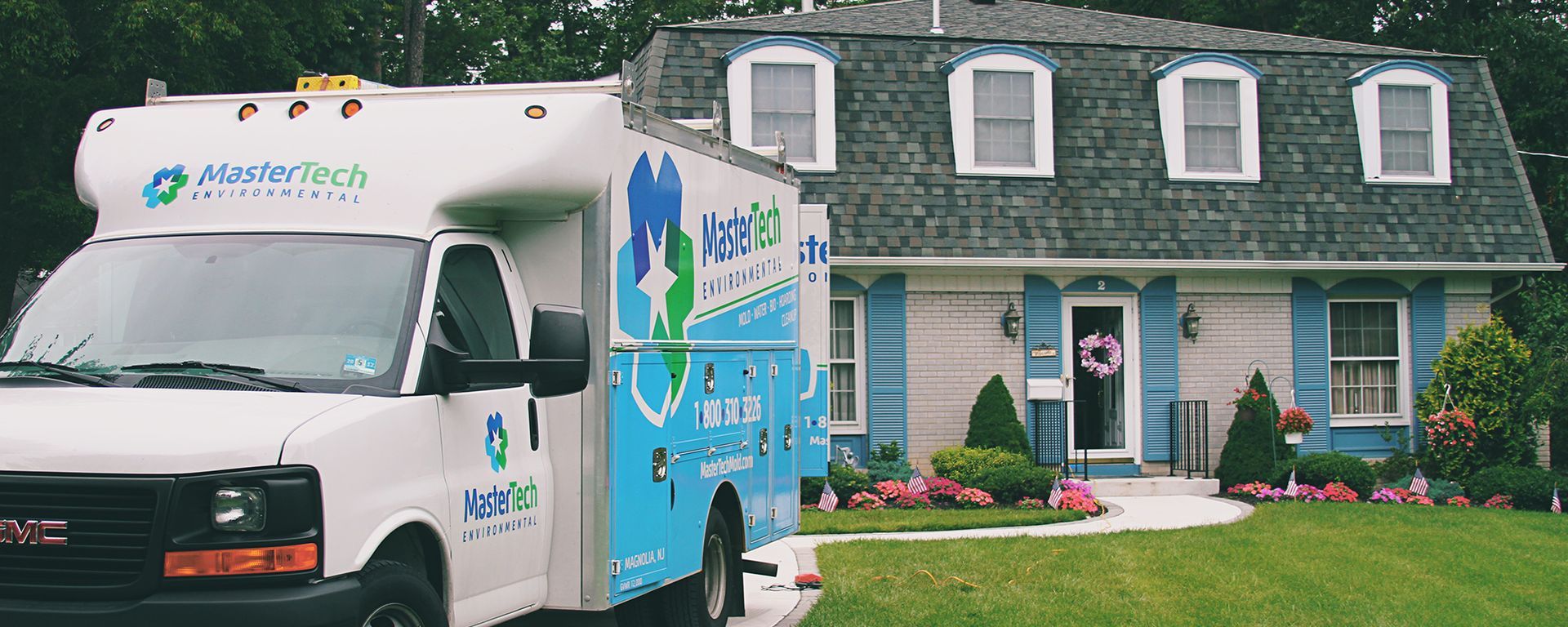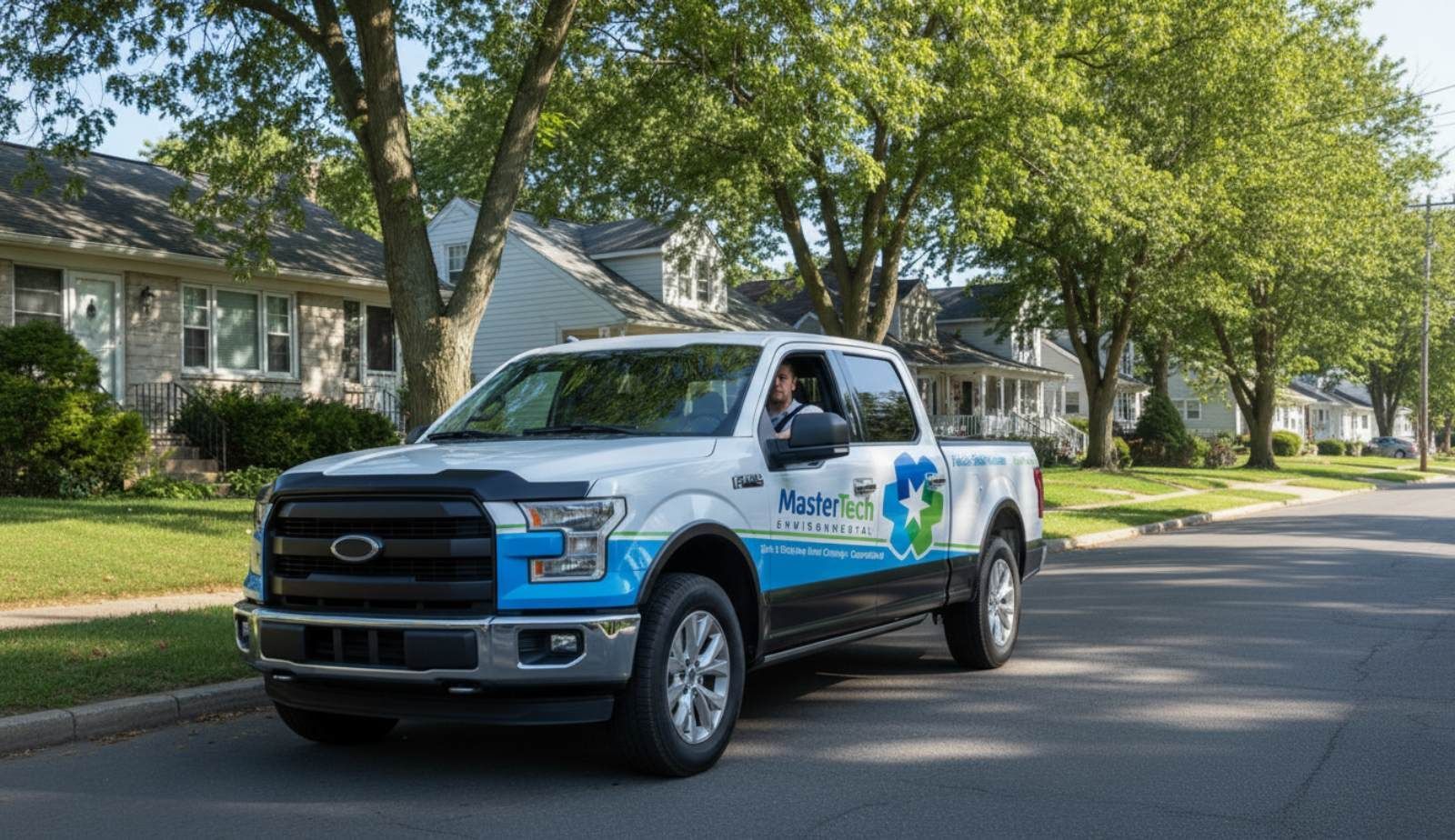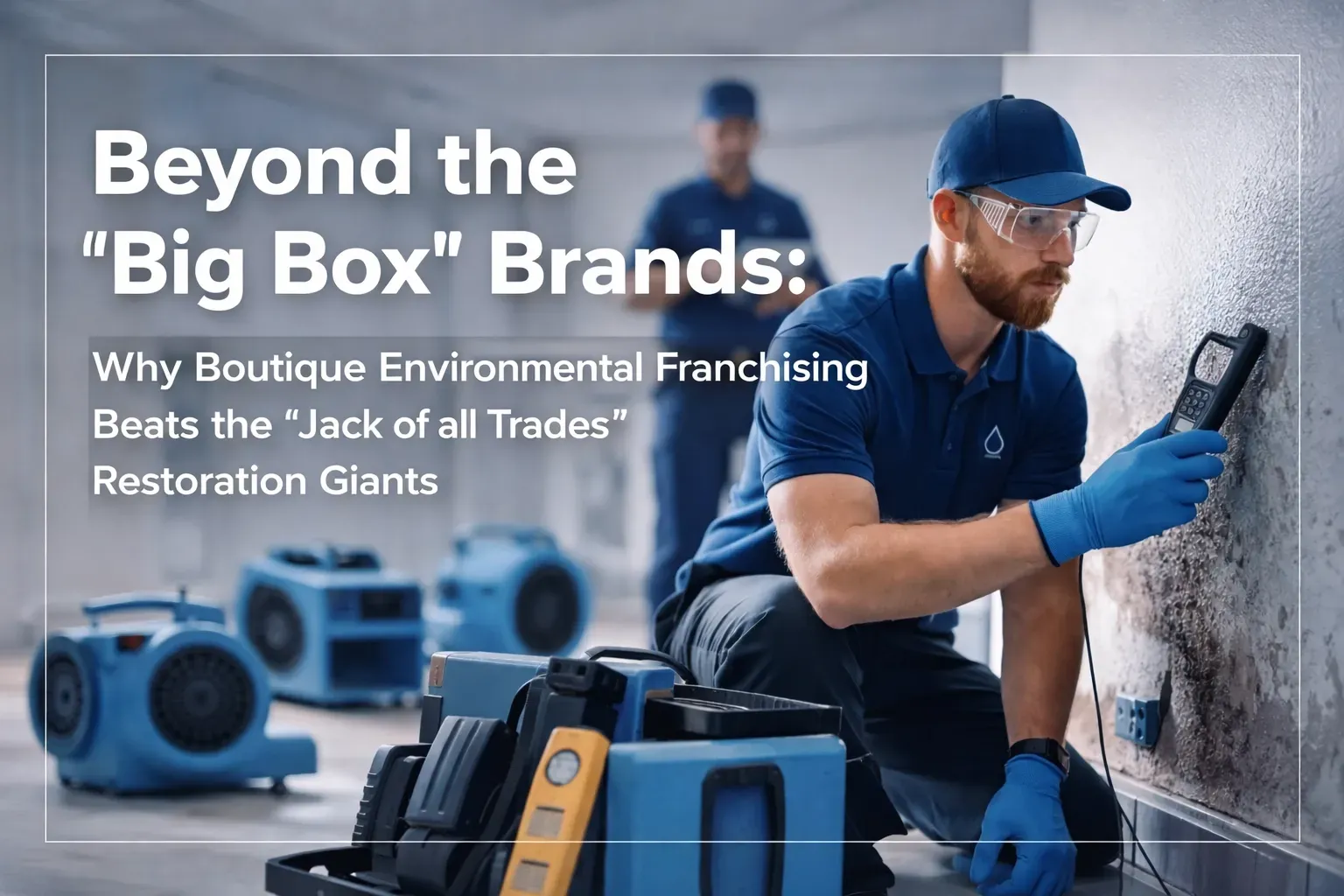What happens during a Real Estate mold inspection?

Mold can be a frightening concept for many. The thought of negative health effects can be overwhelming, and for potential home buyers, it can deter them from making a purchase. However, mold doesn't have to be a dealbreaker. If you understand what it is, its severity, and how to mitigate it, mold doesn't have to be a dirty word.
To ease your mind, consider performing a mold inspection on a home you're interested in purchasing. A mold inspection can ensure that your home is safe and retains its resale value. If you already own a home, it's also a good idea to consider a mold inspection if you suspect mold growth. In this article, we will cover when you should get a mold inspection, how much it will cost, and other helpful mold-related information.
Mold 101: What You Need to Know
Mold is a common type of fungus that thrives in humid and wet environments. It is usually caused by humidity and water damage from floods or leaks. While not all molds are dangerous, there are many different types, some of which can be harmful to your health.
If you have existing health conditions, prolonged exposure to mold can cause respiratory problems. Living in a mold-infested home for years can lead to serious respiratory illnesses, especially if you have asthma or autoimmune diseases. However, if you address mold issues before moving into a new home, you can avoid any long-term adverse health effects.
Mold can also impact your home's resale value because potential buyers are often hesitant to purchase a home with mold. It's essential to disclose any mold problems during a sale, so it's not something you can hide when selling your house.
To ensure your safety, it's best to let a professional handle mold removal. Consider getting multiple quotes from 2-3 local pros.

Determining If Your Home Requires Mold Inspection and Testing
Mold can be a serious issue, but detecting the signs early makes all the difference. Here are some helpful tips to determine if a mold inspection and testing are needed for your home.
- Look for signs of water damage, such as leaks, wood rot, and water stains.
- Don't rely on sight alone. Mold can also be detected through smell. If you notice woody, mildewy, or rotten odors in your home, it's time to order a mold inspection.
- Be sure to investigate crawl spaces, basements, attics, and areas of humidity and condensation closely.
- If you've purchased an older home, it's a good idea to have a mold inspection completed even if you don't see or smell any signs of mold. The more wet weather events a house has been through, the higher the risk of mold growth.
When Should I Get Mold Testing?
Are you planning to purchase a new home? Keep in mind that you should inspect your potential investment for mold before finalizing the purchase. During the inspection period (usually 5-10 days), you have the opportunity to examine the property with a general inspector. If they find any issues, it is wise to get a mold inspection to ensure that there are no underlying problems.
It is also essential to check for mold after a flood or whenever you suspect moisture might be present. For instance, after a heavy rain, inspect the attic, crawl space, basement, and windows to see if there is any dampness. Being proactive about mold testing can help prevent future problems and ensure a safe living environment for you and your family.
How Much Do Mold Inspections Cost?
The cost of mold inspection is contingent on various factors, such as the size of your home and location, and typically ranges from $250 to $500. This encompasses taking a set number of samples, laboratory testing, and a comprehensive report on the results.
It's important to note that inspection expenses vary depending on the size of the property and the extent of the mold's spread. For instance, if the source of mold is challenging to detect and requires extensive measures like removing drywall, it may inflate the overall cost.
How Much Does Mold Remediation Cost?
Mold is a serious issue that must be addressed as soon as possible. It is essential to ensure the safety of those living in the affected house and also to prevent any potential roadblocks to selling the property in the future.
However, remediating mold can be costly, with prices typically ranging from $1,500 to $5,000 depending on the size of the affected areas. If mold is discovered during a home inspection, you may have leverage to negotiate with the seller to cover the cost of remediation. But if it's found after the purchase, the financial responsibility may fall solely on you.
What Will A Mold Inspector Do?
If you are considering hiring a mold inspector, here is what you can expect:
- A thorough, visual inspection of the entire house, with a special focus on crawl spaces, basements and attics, as well as areas typically affected by floods or with high humidity.
- Mold samples may be collected and sent to a lab for analysis. This includes comparing the indoor air quality and mold levels to that of the outdoor samples.
- Moisture conditions will be assessed using moisture meters and thermal imaging.
- While it may be tempting to save money by doing the work yourself, mold testing and mitigation are specialized tasks that require both extensive knowledge and expensive equipment. It is highly recommended that you trust the professionals when it comes to mold.
Preventing Mold Growth: A Guide
Discovering mold and having to incur the cost of testing and remediation is a frustrating experience. Fortunately, there are measures you can take to reduce the risk of mold growth in your home.
- Use a thermo-hygrometer that can measure humidity levels. If it's too damp, invest in a dehumidifier that is rated for the humid space.
- Clean up any leaks, spills or floods immediately to prevent water from seeping into other areas. Repair leaks as soon as they are noticed and inspect the surrounding areas for any water damage.
- Increase airflow within the home to improve ventilation and decrease the likelihood of mold growth. Remember that water is the enemy when it comes to mold, but increased ventilation is a big part of mold prevention.
There are a lot of factors to consider when thinking about buying a house, and unfortunately mold is one of them. If you suspect it might be present, get a mold inspection right away.
If you find mold, running in the other direction isn't always the best choice. In fact, more often than not, mold problems can be solved. If you already own a home and are wondering if you should get it inspected for mold, rely on your eyes and nose to pick up the signs. If mold is present or even suspected, get it inspected right away.
To learn more about Mastertech Environmental Franchise opportunities, please call 800-559-5338 or click here: https://www.mastertechfranchise.com/contact-us
Get in Touch
Contact Us
Don't be a stranger!
30 Broad St, Unit 7
Denville, New Jersey 07834



